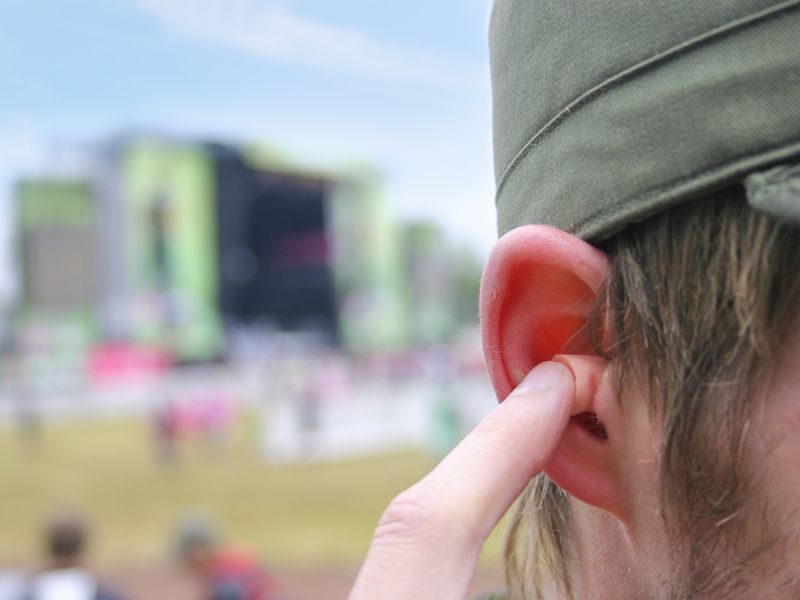
If you’re subjected to loud sounds, for example using a lawnmower in your yard, going to a venue to see your favorite band in concert, or simply sleeping in your own bed next to a snoring spouse, earplugs might be helpful. In the first two cases, they can help safeguard your hearing by decreasing the volume. In the last circumstances, they reduced the decibels and help save your sanity (and maybe your marriage) by letting you get a good night’s sleep. But are these ear protectors, actually, hurting your ears?
Why Utilize Earplugs at All?
The argument for earplugs is pretty simple: Properly used, earplugs can help to safeguard your hearing by reducing your exposure to excessive decibel levels. After you leave a loud place, say a football game where the Jumbotron keeps exhorting the crowd to, GET LOUD, whenever the opposing team kicks off, you’ve probably noticed that your hearing seems off, and you could also experience symptoms of tinnitus. Those tiny hairs are bent by this type of noise exposure and that’s why this happens. In a day or two, when the hairs have recovered, it often goes away.
But in some situations, there is a persistent assault on those little hairs, particularly if you work in a noisy trade like the music business or around jet planes. In this situation, those hairs cannot heal, they are permanently injured. There are around 16,000 of those tiny cells inside each cochlea, but up to 50% of them can be ruined or at least injured before you would see the difference in a hearing assessment.
How Can Your Ears be Damaged by Wearing Earplugs?
With all that, you’d think that wearing earplugs would be an obvious choice with regard to protecting your hearing. But particularly if you’re in situations where you’re exposed to loud noises all the time (like on the job or when your significant other snores as mentioned), headphones that decrease, but don’t completely cancel, sound or over the head earmuffs are a much better choice. Earplugs aren’t the best choice for daily use but are better suited to one time occasions such as a concert or sporting events.
Why? The first problem is, earwax. So that they can protect themselves, your ears produce earwax, and if wearing earplugs is something you do regularly, they will generate more of it, and the earplugs will push it in further. This can cause troubles like impacted earwax, which can trigger tinnitus and other hearing disorders.
An ear infection can also result from overuse of earplugs. They can become bacteria breeding grounds if you use the same pair but fail to properly clean and disinfect them. At the very least, ear infections are a disruption to your day to day life. If neglected, in the worst situations, they can result in an ear infection.
How Can You Utilize Earplugs Without Risk?
Whether it’s a restful night sleep or safeguarding your ears, there’s still a strong benefit to using earplugs. Using them in the right way and using the right kind is the secret to success. The porous material of foam earplugs is a germ paradise so it’s a good thing that they are the least costly. Don’t put silicone or wax earplugs back in until they are thoroughly dry after using warm water to completely clean them. Accumulation of humidity can cause mold and bacteria so store your earplugs in a well-ventilated container.
If you need or want to use earplugs on a regular basis, you may want to consult us about getting custom-made earplugs. They’re comfortable since they’re made from molds of your ears and they are reusable. Again though, to stop any potential hearing problems, it’s essential to put into practice smart earplug hygiene!